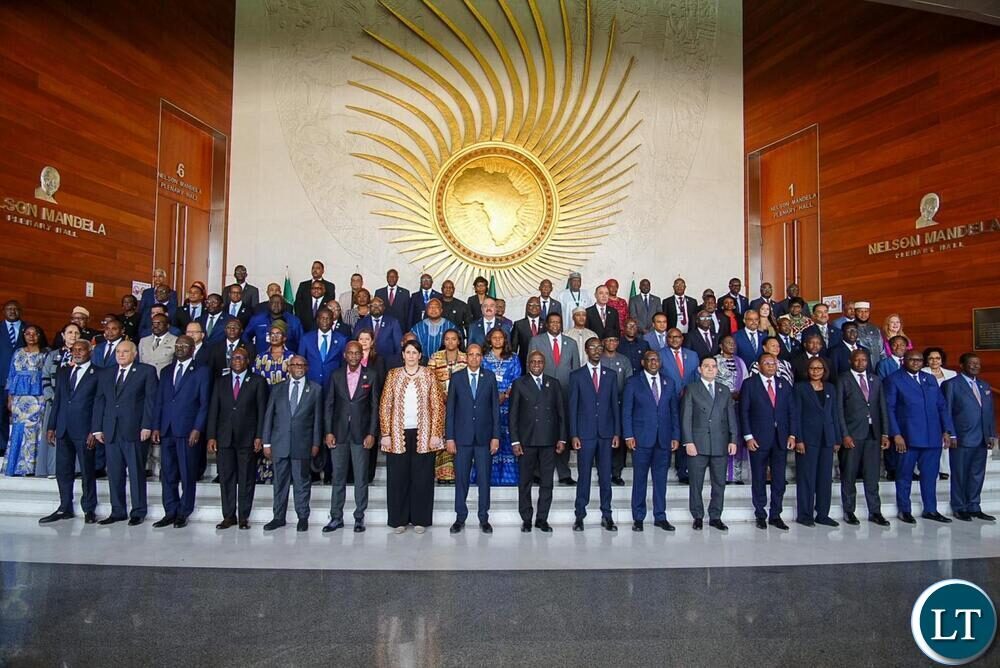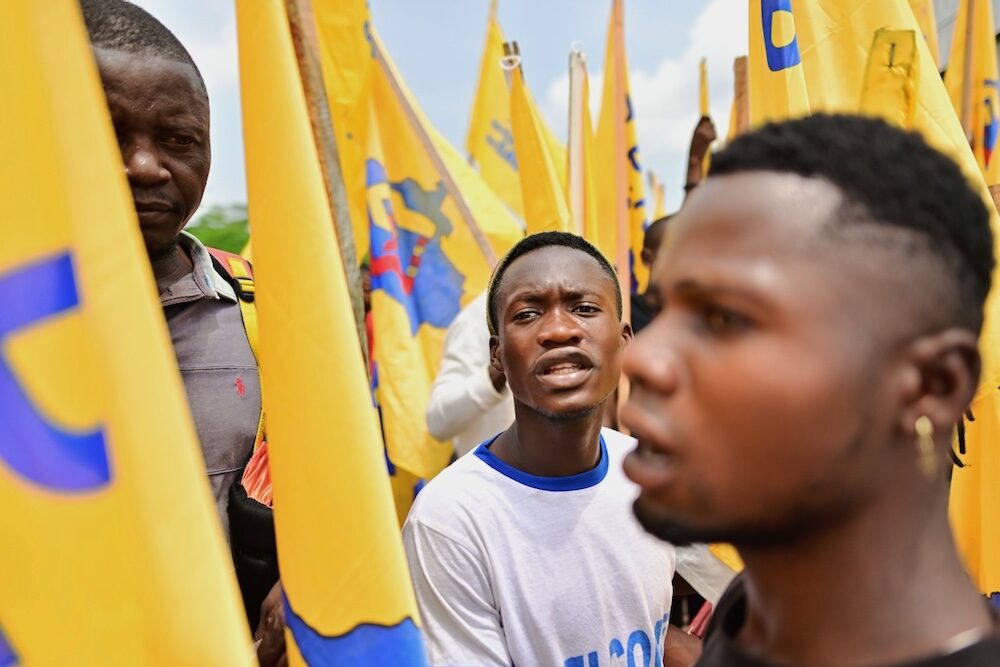
Tuesday 23rd September 2025

by inAfrika Newsroom
Alaa Abd el-Fattah walked free on Tuesday after President Abdel Fattah al-Sisi granted him a pardon a day earlier. His family confirmed the release in Cairo. The move ends a long spell of detention that made him the most prominent political prisoner of the past decade in Egypt.
Officials said the decree covered Abd el-Fattah and five others. The pardon followed months of lobbying at home and abroad. His mother, Laila Soueif, and sister, Sanaa, led a public campaign and pushed diplomats to press his case. British officials also welcomed the decision and said they expect him to reunite with relatives in the UK.
The activist is 43. He spent much of his adult life cycling in and out of custody. Courts jailed him in 2014 under Egypt’s protest law. He left prison in 2019 on parole, then police detained him again that year. Prosecutors accused him of spreading false news after he shared a post on a prisoner’s death. A court issued a five-year sentence. He staged hunger strikes several times to protest conditions and extended detention.
His case drew global attention during COP27 in Sharm el-Sheikh in 2022. Rights groups said his health had worsened. His family warned he could die without medical access. The pardon now closes that chapter and tests whether Egypt will ease wider limits on speech and assembly. The National Council for Human Rights said the order signalled faster case reviews.
Lawyers expect formal procedures to continue for days. Authorities must clear paperwork tied to prior listings and parole terms. Supporters asked police to return devices seized during earlier raids. They also want travel documents so he can leave if he chooses. Officials did not set a timetable.
Diplomats in Cairo urged caution from all sides. They said release does not resolve broader disputes over due process. Advocacy groups noted hundreds of other political cases remain open. They asked prosecutors to drop charges tied to speech and peaceful assembly. The government has rejected claims of systematic abuse and says courts act under law.
Abd el-Fattah’s supporters plan a quiet period away from cameras. They say he needs rest and medical checks. Friends who gathered at his family home described relief and fatigue in equal measure. For many Egyptians, his name became shorthand for a decade of protest, crackdown and stalled reform. Today’s news will not settle that debate. It does change one life and, perhaps, resets the conversation about the limits of dissent.


